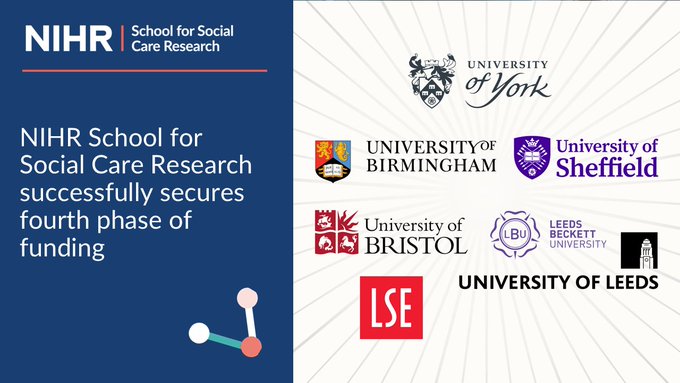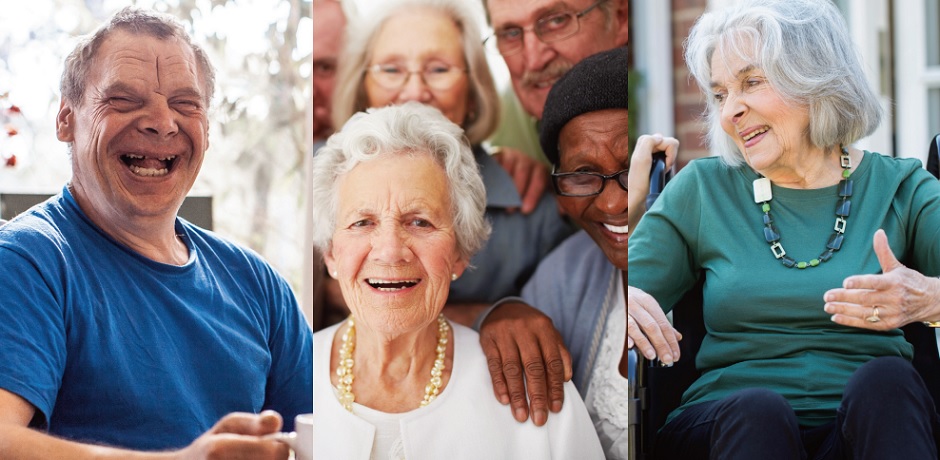)
Recovery for African and Caribbean men
Mental health providers must explore co-producing services with African and Caribbean men, study argues
New findings point to the need for understanding how broader societal issues affect mental distress
Providers of mental health support need to explore how they can move towards co-producing services with African and Caribbean men, and towards an understanding of how broader societal issues affect distress, a study funded by the School has concluded.
The research, led by Professor Frank Keating of the Royal Holloway University of London, found that socially oriented recovery from mental ill-health was for men from African and Caribbean backgrounds bound up in intersecting questions of identity.
People from black and minority ethnic (BAME) communities have for decades reported relatively negative experiences with mental health services in the UK, and suffered poorer outcomes, with inequalities consistently greatest for African and Caribbean men.
Tackling racial disparities around mental health was a specific aim of the recent government review of the Mental Health Act.
The new research, which drew on in-depth interviews with African and Caribbean men, concluded that safe spaces should be provided to help facilitate their recovery from mental ill-health. It also found men needed greater agency in how recovery was defined, rather than having a pre-ordained template foisted on them.
“The significance of this study is that we now have pointers to what can work for these men, and what has worked for them – the evidence we have is drawn from their experiences,” Professor Keating said.
“Men talked about how difficult it is to get back control over your life once it has been taken away – especially through use of the Mental Health Act – and so regaining agency was for them really important,” Professor Keating added. “We now have a deeper understanding of how we can support recovery in a different way – something that speaks to the whole person – rather than focusing narrowly on clinical outcomes such as taking medication and attending your clinic.”
Interlocking influences
The study was based on interviews with 59 people, including 30 African and Caribbean men with experience of mental ill-health, 15 ‘supporters’ from their peer or family networks and 14 representatives of service providers, mostly from the voluntary sector.
It found an array of interlocking influences – including family structure, migration, separation, conflict and racism – had shaped the men’s early life experiences, with masculine identities also affecting their sense of strength and vulnerability.
Identity and other cultural factors such as religion and spirituality were also viewed as key drivers of both good and poor mental health. Practitioners, on the other hand, were more likely to include other, more individualistic issues such as substance use and self-management.
Many of the African and Caribbean men interviewed described their entry into mental health services as being coercive, with subsequent treatment sticking to an overly medicalised model seen as detrimental to recovery.
One positive the men identified was around post-discharge assistance delivered by voluntary-sector agencies focused on black communities, which they said provided more understanding and nurturing support towards recovery.
Four-pillar approach
For all interviewees, the research found, the concept of recovery comprised a range of interconnected elements including medical, social, personal and material factors.
But for the men who had experienced mental health services, particular emphasis was placed on staying out of hospital and being able to assert themselves.
“This conceptualisation of recovery is similar to that used by other groups of service users,” the study noted. “What is unique for African and Caribbean men is how pathways to recovery need to take account of the life courses and experiences of African and Caribbean men at the intersection of ethnicity and gender in a racialised society.”
Realising those pathways, the study proposed, could involve a model based around four linked pillars:
- Safe spaces, such as men’s groups and peer support, were viewed as a crucial factor in enabling African and Caribbean men – many of whom had endured adverse socio-cultural life contexts – to attain a positive sense of self. They should be available from discharge and throughout men’s recovery journeys, the study recommended.
- Gaining agency – whether through avoiding further involvement with services or simply accessing a ‘normal’ life – was described as an aspiration by men in recovery. This was consistently undermined, they said, both by poor relationships with service providers and by stigma around mental health within their communities.
- Renegotiating identity from a basis in ‘rugged individualism’ towards one based on interdependence with others was a common struggle for study participants. The research again suggested open environments such as men’s groups, as well as engagement with communities – including children in schools, around mental health issues – as ways to break down barriers.
- Relationships were sought by all men as a means to support recovery, with supportive, non-hierarchical ones particularly valued. Men emphasised the value of relationships with others with similar life histories, and highlighted the problematic nature of interactions with service providers seen as devaluing identities.
Different conversation
Moving forward towards co-production of services, the study concluded, mental health providers need to recognise and draw upon African and Caribbean men’s expertise gleaned from their life journeys and their recoveries.
“The way mental health services are configured, you wait until someone is brought in by the police or on a section, and that’s too late, because that’s a negative experience,” Professor Keating said.
“We need to reach out to these men and go where they live, and congregate,” Professor Keating added. “That would be for me the first step – to say, if we are going to have a different conversation with these men, we can’t have it in our institutions. We need to have it where they are.”
Full summary findings
NIHR SSCR (2019) Socially-oriented Approaches to Recovery for African and Caribbean Men, Research Findings 83, NIHR School for Social Care Research, London.
Further information
This study funded by the NIHR School for Social Care Research and led by Professor Frank Keating at Royal Holloway University of London. For further information on the study, contact Professor Keating by email (Frank.Keating@rhul.ac.uk).
















